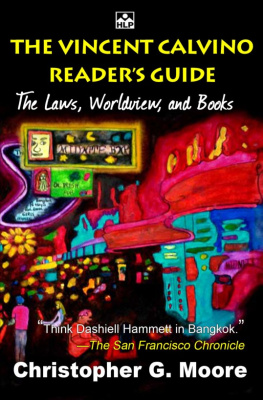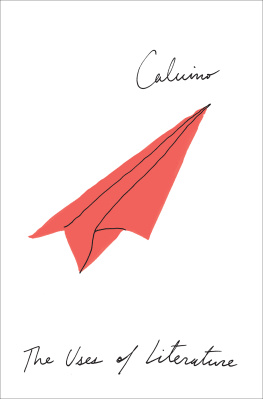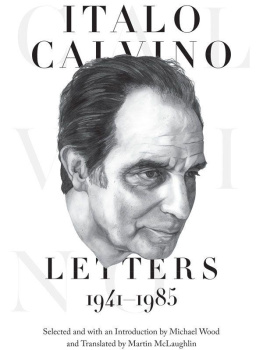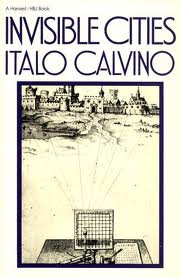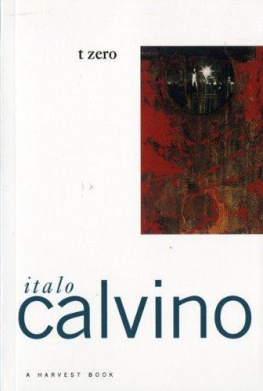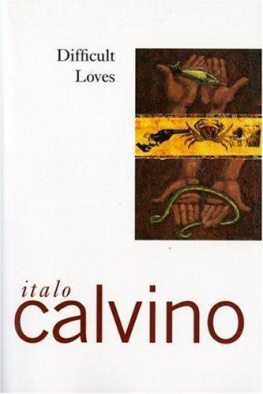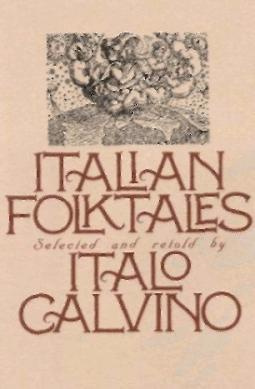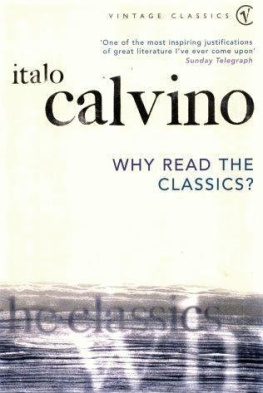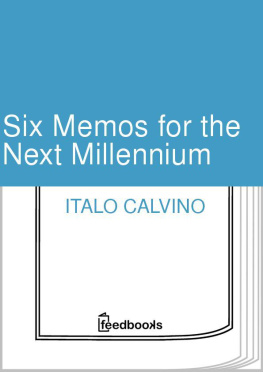The Vincent Calvino Readers Guide
The Laws, Worldview, and Books
The Vincent Calvino Readers Guide
The Laws, Worldview, and Books
CHRISTOPHER G.MOORE
Heaven Lake Press
The Vincent Calvino Readers Guide
Christopher G. Moore
Smashwords Edition 2014
The Vincent Calvino Readers Guide ispublished by Heaven Lake Press at Smashwords.
Copyright 2014 Christopher G. Moore
Authors web site:http://www.cgmoore.com/
Authors e-mail: chris@cgmoore.com
License Notes
This ebook is licensed for your personalenjoyment only. This ebook may not be re-sold or given away toother people. If you would like to share this book with anotherperson, please purchase an additional copy for each person youshare it with. If youre reading this book and did not purchase it,or it was not purchased for your use only, then you should returnto Smashwords.com and purchase your own copy. Thank you forrespecting the hard work of this author.
For Barney Rosset, Morgan Entrekin, andGalen Williams
Calvinos Laws
W hen I began the Vincent Calvino series in 1991, I had no ideait would eventually turn into a series numbering eleven novels. Ididnt start with the idea of a series in mind; that came as asurprise, as did the creation of Calvinos Laws.
I studied law and had beena law profes-sor.Thinking about human relationships and events thatshape them in terms of legal structures is something that comesnaturally to a lawyer. Laws ideally provide guidance andrestrictions, and include aspirations and culturally desiredbehavior.
Laws promote the generalconsensus about acting in societywhat is right or wrongand punishinfractions with a series of penalties.
Laws provide the frameworkon which we judge conduct, morality, fairness, justice, andequality. They are our rulers for measuring these values in anyculture.
A private eyes worldsuggests many such measuring devices. They are bound to beimperfect and may be, as in Calvinos example, embedded in a storythat is fictional. Nonetheless, within these constraints one canlearn a great deal about a society from how people with legaltroubles go about resolving their problems.
Vincent Calvino, the heroand ex-New York lawyer, resorts to formulating his thoughts aslaws. They arent laws in the traditional sense of having beenenacted by a legislative body. They are more guides to survival inan underworld where Calvinos clients mostly live, work, love, anddie.
Why does he call themlaws? Maybe it is because of his training. Or maybe giving certainthoughts the status of laws or rules gives him a handle on manysituations that come up in an uncertain, chaotic life in asprawling urban area. The notion of laws suggests that there arelimits and boundaries. That what we choose to do is unlimited inscope.
There are many constraintson our behavior, and not all of them are laws. They may be socialor moral codes that people automaticallyhonor, like returning a wai . There is no lawthat requires one Thai to return the wai offered by another, but inmost situations there is an expectation that a wai isreturned.
Conduct exceeding theconstraintsand those constraints might well be cultural and aliento an outsidermay cause repercussions to ones social standing,relationships, employment, or safety and welfare.
When a person undergoesimmersion in a new culture, some of the first things that arelearnt are the unspoken laws and rules that bind the locals throughtheir language, history, and culture.
When matters of love,romance, marriage, children, and work arise, Calvino often resortsto explaining a situation by formulating a law.
The Vincent Calvino seriesalso has a larger perspective or worldview. In a number of essays,articles, and prefaces, I have set forth the essentials. In anyongoing series, the author discovers new aspects of character,language, and culture.
Part of the pleasure ofwriting the books in this series is that it has allowed me toreflect on the structure of political and social life between theThai and expat communities and to create a small bridge betweenthem.
Calvinos destiny remains thesame: to discover the common parts of humanity that bind us all andthose unique aspects of Thai culture and history that narrate adifferent way of defining worth, identity, evil, happiness, power,fear, and death.
Laws of Gumshoe Investigation
Over the course of eleven novelsfeaturing Vincent Calvino, the private eye has created a number oflawsor call them rules, dictums, principlesthat he uses as aguide (most of the time) during the course of aninvestigation.
Most of Calvinos clients areexpat-riates who live and work in Thailand. A few are tourists whohave found themselves in trouble. His clients arrive at his officewith the offer of an assignment that sends Calvino out into thestreets to investigate a business operation or a shady character,or to pick through the evidence from a crime scene.
In the urban jungles of Bangkok,Phnom Penh, and Saigon there are many predators. Calvinounderstands that inside these worlds lurk powerful predators whomust be appeased or avoided, as well as other, less powerful onesto be trapped or neutralized. There are always a few predators whosee life as a zero-sum game. Those men will come after you and putup a fight to the death.
The uncertainty of whatlies around the corner occupies the mind of any privateinvestigator. Calvino operates his investigation in what is to hima foreign environment where the rules of engagement are lessobvious, often hidden, available as a secret code on a need-to-knowbasis.
People with informationabout wrong-doing or crimes arent all that interested in sharingwhat they know with private investigators or the police.Reputations are at stake. So is the possibility that disclosurewill result in a loss of social status, leading to disgrace,isolation, and banishment.
At the highest level, thechances of finding evidence to convict a high-ranking person ofcriminal involvement are small. At stake are the persons spouse,children, job, friends, and material well-being. This is true inmost societies. The rich have resources to hire the best lawyers topick apart inconsistency in the evidence.
What is different in Asiais that the evidence can be convincing but nonetheless disappear asif by magic, or ways are found to marginalize the evidence, callingit insufficient to convict.
When a foreigner is thevictim of a crime in Thailand the stakes are higher. If thatforeigner has social status and friends in high places, he or shemay engage someone like Vincent Calvino to make discreet inquiresabout others.
Information is power inall societies including Thailand. If the foreigner commits a crime,he may have a certain standing and money, but none of thoseresources can come close to what a high-ranking Thai could musterto fight a charge.
The reality is that mostforeignersexpats or touristslack the quality or kind of statusthat factors into the unofficial status chart most Thais wouldunderstand.
The absence of such statuscuts both ways. While it might be argued that foreigners are morevulnerable to ordinary abuses such as shakedowns and corruption, acountervailing argument can be made that police or other officials,while not fearful of the foreigner in question, may indeed havefear that such a person might have the kind of connections thatcould suddenly spread the situation through the internationalmedia.
In the real world mostforeigners have little contact with officialdom except to renew avisa or a work permit. When it comes to tourists, given theeconomic stake in the lucrative market, officials often go out oftheir way to accommodate foreign tourists.
Next page
